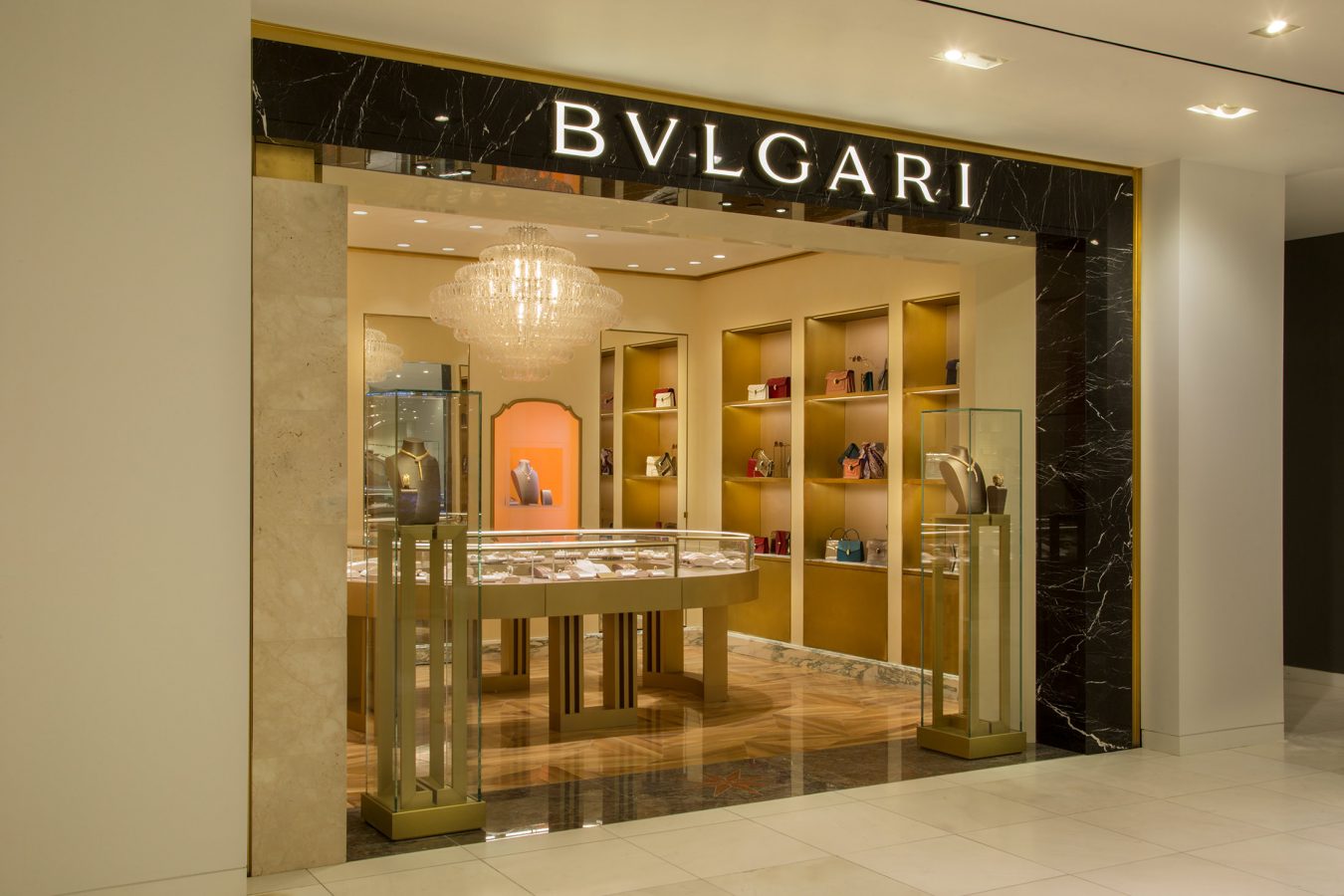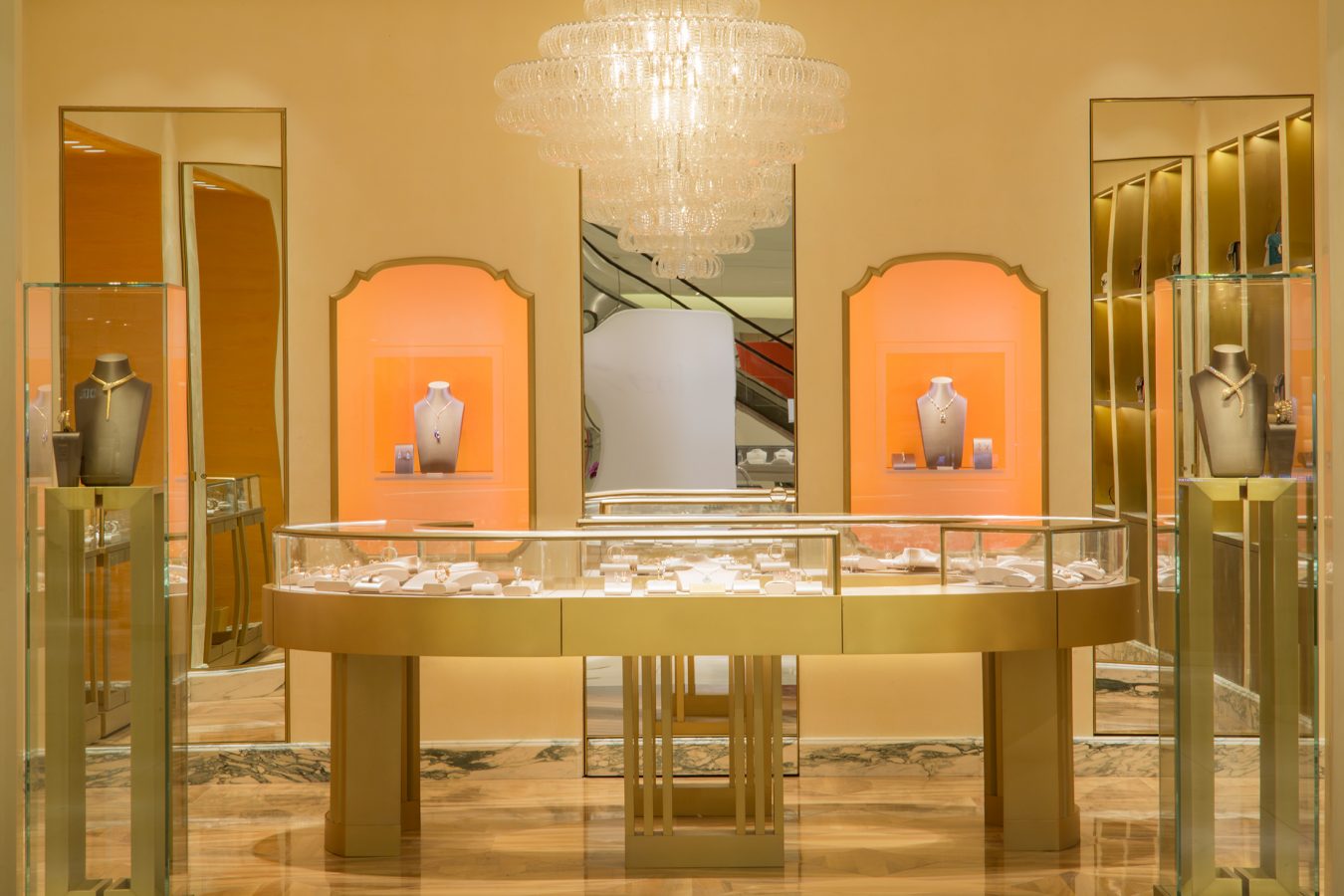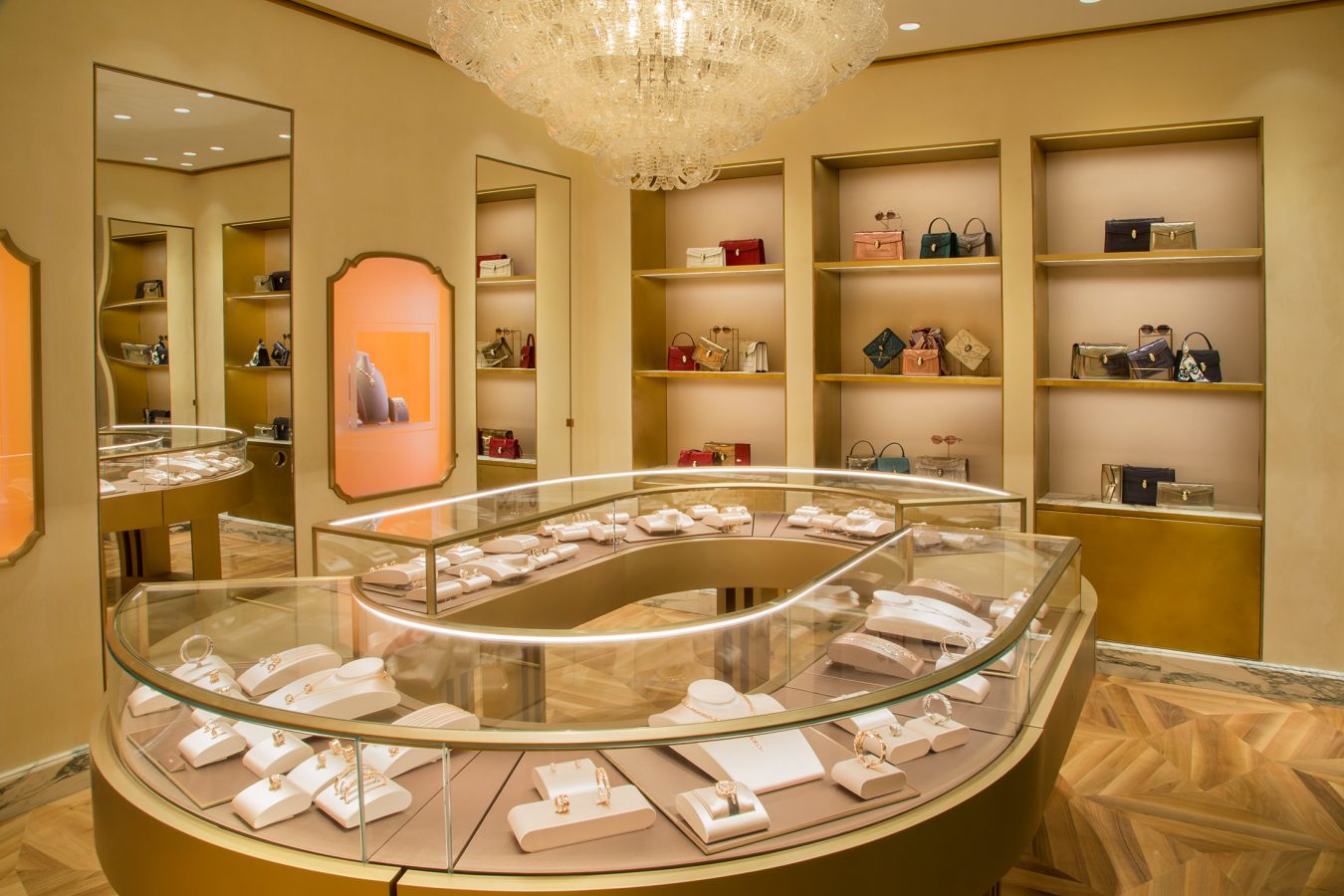Augustus’s deputy Marcus Agrippa commissioned the Pantheon during the first Roman Empire; Trajan’s triumphal column was erected to commemorate its namesake emperor’s decisive victory in the Dacian Wars; the Colosseum, realized in vast expanses of travertine and tuff and brick-faced concrete, is the biggest amphitheatre in history. These larger-than-life monuments have, over the centuries, become synonymous with the Roman mindset: they boast an allure and an irreverence that can be seen in the jewellery of Bvlgari, the luxury house founded in 1884 in the Eternal City upon the very patriarchy that governs its denizens and buildings alike.
Just as intruders time and time again have laid siege to the Roman Empire, its beloved jeweller too has had its pillars challenged by an outsider. But in this case, that’s a good thing: enter Jean-Christophe Babin, the French-born business magnate who took the reins of Bvlgari as CEO in 2013 and has taken it upon himself to look beyond its own walls in order to buttress the brand’s ethos and aesthetic. “Probably one of the many contributions I’ve made to Bvlgari is not being a Roman myself,” says the charismatic 59-year-old.
“When you are a Roman you tend to be very critical; I rely on my intuition.” That intuition, informed no doubt by his worldly father and grandfather and the sabbatical years he spent travelling as a young man, led to partnerships with international enterprises, chief among them the Tribeca Film Festival, for which Bvlgari is the official jeweller. The Roman Empire owes its prosperity to an appreciation of its far reaches—the Egyptians, the Bastille—and as Babin is quick to point out, Romans know that “success is very much about integration.” By focusing Bvlgari’s gaze outward, he has positioned the company as a global player—especially in the luxury sector, which prizes corporate accountability as much as it does high-calibre commodity.
The alliance with the Tribeca Film Festival is one such collaboration that has brought Bvlgari into the fold of social discourse. At the 2018 festival, the jeweller debuted two documentary shorts with Tribeca Studios that are centred on women who thrive in traditionally male-dominated worlds. Italian filmmaker Bella Monticelli’s Conducting a Revolution follows the Roman-born and -raised Speranza Scappucci’s ascent to the podium as part of the five per cent of the world’s professional female conductors, while American Nina Meredith’s The Litas delves into the lives of a handful of women belonging to a worldwide community of some 5,000 female motorcyclists.
It is through a deep and broad understanding of the patrimony upon which Bvlgari sits that Babin is able to forge relationships that allow him to re-establish the brand in a thoroughly modern era. It should come as no surprise that a company known for its provocative and strikingly beautiful designs would champion women who possess the same qualities. “We are a jeweller,” says Babin. “Therefore we are very, very close to women.”
Fearless and adventurous, Bvlgari’s gems have been known and loved the world over for their bold cuts, colourful combinations, and outsize proportions (Vancouverites can see them in-person at the brand’s new boutique inside Holt Renfrew, which carries jewellery as well as leather bags). The company was one of the first jewellers to eschew precious metals such as platinum and white gold in favour of yellow and the now de rigeur rose; it has pioneered the unexpected pairing of faceted stones with those en cabochon; and it has staked its place in the world of high jewellery without relying too heavily on sparkling diamonds or highfalutin romance. “Rome is anything but discreet,” says Babin. “Everything is huge.”
When Bvlgari was founded, the overwhelming and rich environment of Rome largely informed the house. What then resonated with contemporary and cosmopolitan ladies could by today’s standards be dismissed as insular, but this is not the case—not with Babin’s instinct. “It’s not totally about the product,” he says. “It’s about your values, it’s about your processes, it’s about your integrity, it’s about your ethics.” Bvlgari’s environment now is the world, which is proportionally as overwhelming and rich as it was back in the late 1800s. And it connects to even more determined, visionary, passionate women than ever before.
Read more from Business.













